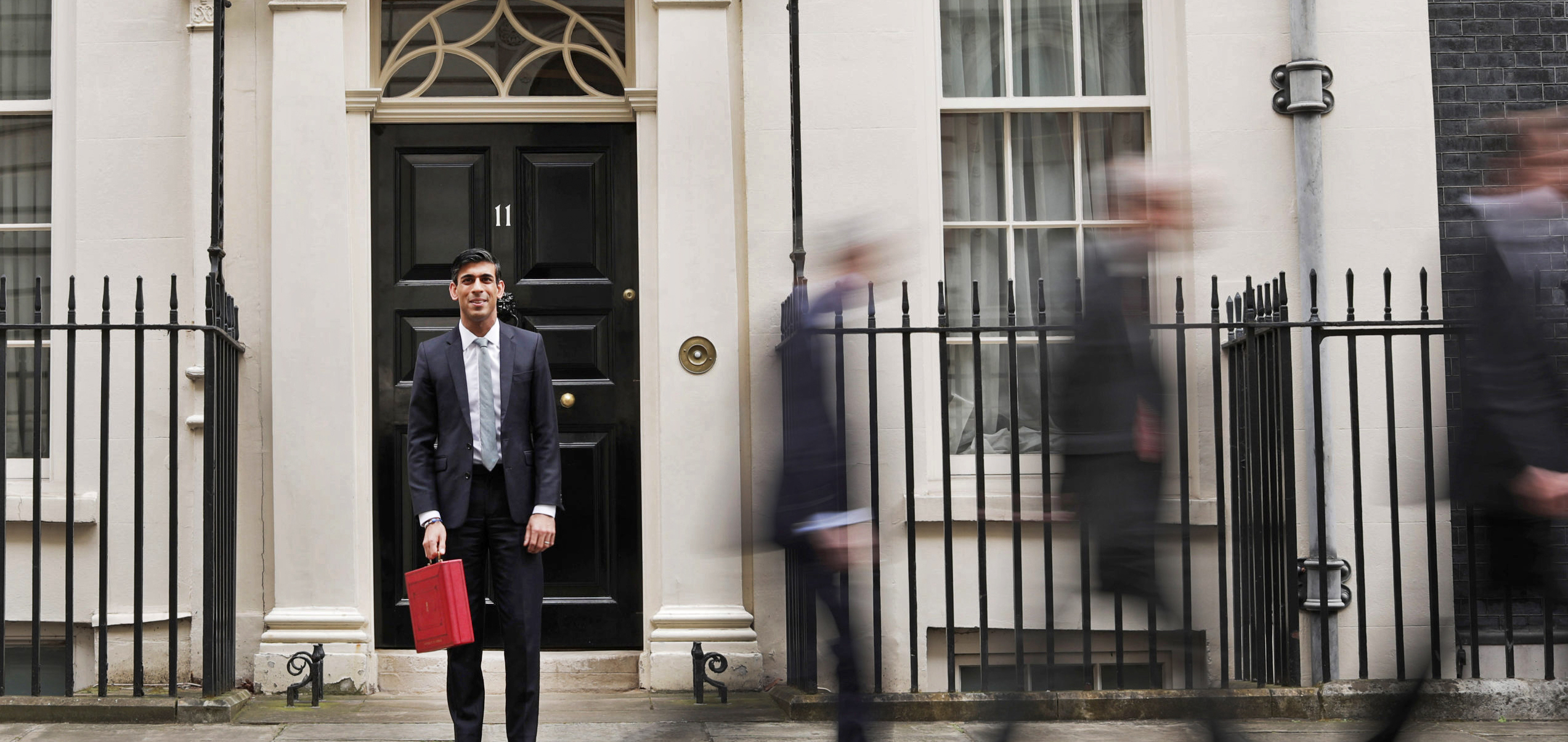There appears to be a growing recognition that governmental responses to the pandemic might be doing more damage to the economy than previously reckoned with. On Sunday, US Treasury Secretary Janet Yellen conceded that a key driver of inflation has been the pandemic. True, she framed this as an act of God when the reality is that the economic damage is due to man-made policies — but the recognition of the cause and effect is a step in the right direction.
Here in the UK the Government’s ‘rampdown’ plans were leaked. The plans do not address inflation directly but the chatter around the plan alludes to it, with one Whitehall source saying that the plan was effectively a response to the fiscal problems caused by the response to the virus. They include axing self-isolation laws, ending free testing and shutting down the ill-fated ‘Test and Trace’ system.
This rampdown could certainly ease inflationary pressures. Scrapping self-isolation will tackle one of the causes of the labour shortages — namely, clusters of workers having to stay at home when one produces a positive test. Getting rid of Test and Trace will have a similar effect. The new rules making people pay for lateral flow tests will stop the dreaded ‘casedemic’ keeping people from their jobs — testing in Britain in 2021 was more than twice what is was in 2020.
All this is good news for the economy. Stopping these impediments to workers doing their jobs will help the smooth delivery of goods and services. But in the short-term, this probably isn’t enough. A lot of the damage has already been done and much of it will take a long time to heal.
For example, even if the rampdown was activated tomorrow, there would still be queues for driving tests and therefore a dearth of new lorry drivers. Or take the massive loss of workers due to European immigrants going back to their home countries during the first lockdown — the Migration Observatory estimated a decline of the foreign born population of 894,000 in 2020. The borders are more open than they were last year but travelling is still a pain. Finally, there are the international supply chain issues which are simply out of the British government’s control.
All in all, the rampdown is a necessary but not sufficient condition to stem the tide of inflation. It is a step in the right direction and should be implemented as soon as possible. But further steps are needed; the most obvious being getting international travel back to normal. Still, it is good to see Government starting to pay attention to the economic repercussions of their pandemic responses. We are far ahead of other countries in that regard.











Join the discussion
Join like minded readers that support our journalism by becoming a paid subscriber
To join the discussion in the comments, become a paid subscriber.
Join like minded readers that support our journalism, read unlimited articles and enjoy other subscriber-only benefits.
Subscribe